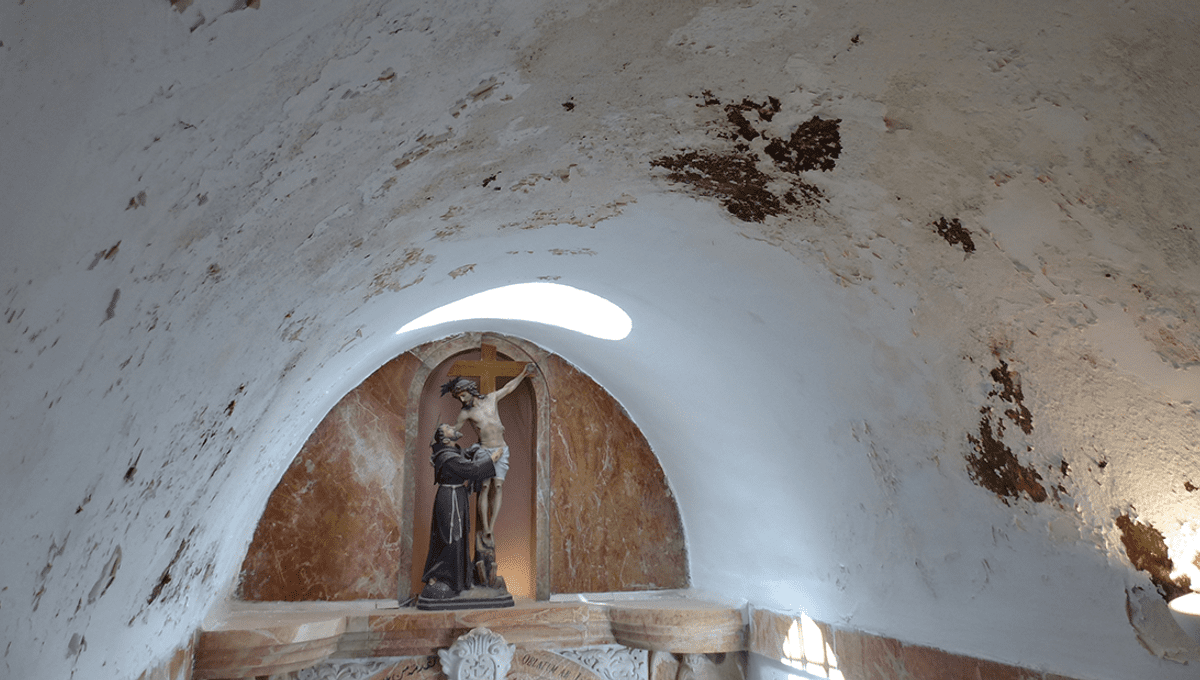
In Bethlehem, there is a church known as the Milk Grotto, which is claimed to have hosted the Virgin Mary while she was still breastfeeding Jesus Christ.
According to the tale, Mary hid in the church to escape King Herod’s order to kill all male infants under the age of two. While she was there, some of her breast milk supposedly spilled on the floor and turned the stone of the cave from red to white.
Christians have for a long time consumed a drink made from the powdered limestone rock of the cave, calling it the Virgin Mary’s breast milk. Those that drink the “milk” believe it can imbue miracles, particularly relating to fertility.
There is, of course, only anecdotal evidence collected by the church of people having children after consuming the drink, and pictures of happy babies sent to them. However, this is not proof of a miracle, just a mundane example of a sample bias.
For example, say a lot of people visit the grotto or take the milk who are struggling to have children. While some of these will go on to have children (maybe increasing their chances by using IVF), others will not. Which group do you think you are likely to hear from? Not many people are likely to make the trek back to the grotto to write “it didn’t work” in the visitor book, nor is the grotto likely to put up photographs of people disappointed with the miracle powder.
The anecdotes of those who had children get filtered back, and so more people believe the miracle and come to drink the milk, some of whom will go on to produce more anecdotes. Were this studied scientifically, you would likely find people who drank rock juice had roughly the same rates of success at having children as those who had not consumed rock juice.
Plus, the church is far from the only place that claims to have the milk of the Virgin Mary. French theologian John Calvin mocked the abundance of Mary milk way back in the early 16th century.
“With regard to the milk, there is not perhaps a town, a convent, or nunnery, where it is not shown in large or small quantities,” Calvin wrote. “Indeed, had the Virgin been a wet-nurse her whole life, or a dairy, she could not have produced more than is shown as hers in various parts.”
It seems that times never change. As well as being sold in the church for about $2, replicas are sold all over the internet. For around $35.75 (no, we will not link to the miracle powder) you can buy yourself a terrible drink, made from a random lump of limestone rock.
Source Link: "Virgin Mary's Milk" From The "Milk Grotto" Is Touted As A Fertility Tonic. What's Really Going On?